Quiz Contemporary history
Last Updated:
Passionate about contemporary history? Our quizzes are for you! Test your knowledge of the major events of the 19th and 20th centuries, key figures, global conflicts, social revolutions and the major advances that have shaped our world today.
Our contemporary history quizzes are a fun and instructive way to immerse yourself in the most recent periods of human history. Thanks to a varied selection of questions, you can test your knowledge on topics such as the Industrial Revolution, the World Wars, the Cold War, decolonization, civil rights and major political and technological upheavals.
Do you know when the Berlin Wall came down? Do you know what was at stake in the Treaties of Versailles, or the presidents who marked the World War II? Can you identify the major social movements of the 20th century? Our contemporary history quizzes will help you answer all these questions and deepen your understanding of the modern world.
As you explore our contemporary history quizzes, you’ll discover important facts, key figures and sometimes little-known events that have had a profound impact on our societies. Whether you’re a student, a history buff or simply curious, our quizzes are an interactive and captivating way to test your knowledge and learn more about contemporary history.
Test your knowledge now and relive the major milestones of recent history with our dedicated quizzes!
Test your knowledge of contemporary history with our quizzes. Whether you’re an enthusiast or just curious about current events, our quizzes will challenge you at your level.
Measure yourself against other history buffs and find out where you stand among connoisseurs of major events in the contemporary world. Each question is an opportunity to learn more and deepen your historical knowledge.
Our Contemporary History Quizzes are not just knowledge tests, but interactive learning tools. Each question is accompanied by clear explanations, interesting facts and context to help you better understand the issues of the last two centuries.
By answering the questions, you’ll enrich your general knowledge and develop a better understanding of the political, social and economic events that have shaped today’s world. Use our quizzes to explore recent history, discover emblematic figures and reinforce your knowledge of contemporary history.
history
/ 10
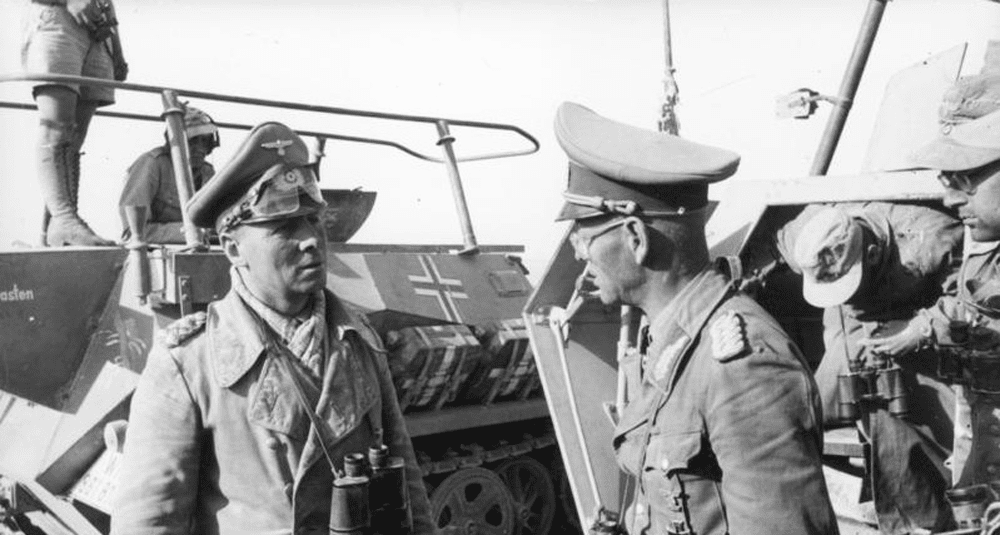
Who commanded the Afrika Korps during the North Africa Campaign?
2Erwin Rommel
1Hermann Göring

🙌 Good answer
The Afrika Korps was commanded during the North African campaign by German General Erwin Rommel, nicknamed the Desert Fox.
Next question

😞 Wrong answer
The Afrika Korps was commanded during the North African campaign by German General Erwin Rommel, nicknamed the Desert Fox.
Next question
history
/ 10
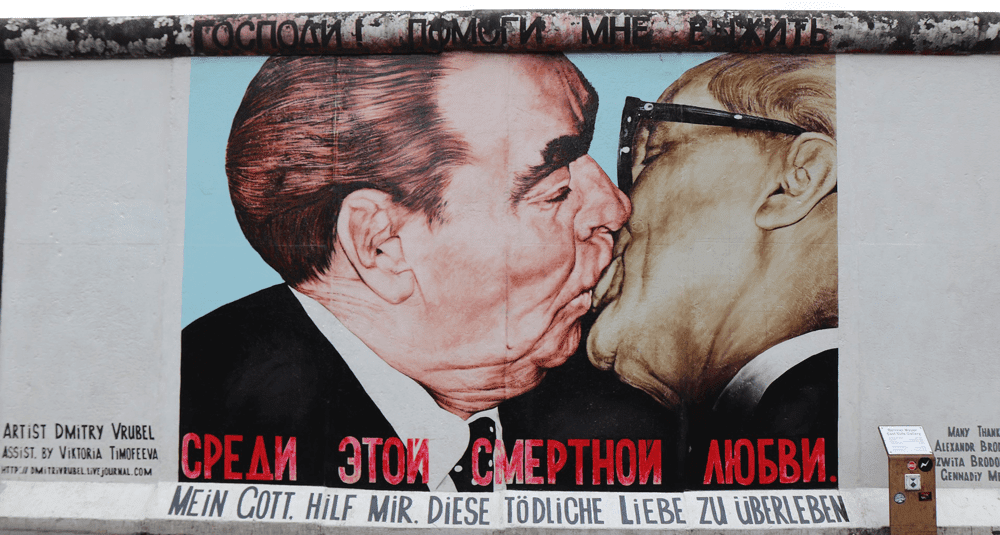
When was the Berlin Wall erected?
21961
11951

🙌 Good answer
The Berlin Wall was erected in 1961. It symbolized the division between East and West during the Cold War. It fell in 1989, marking the end of that period.
Next question

😞 Wrong answer
The Berlin Wall was erected in 1961. It symbolized the division between East and West during the Cold War. It fell in 1989, marking the end of that period.
Next question
history
/ 10
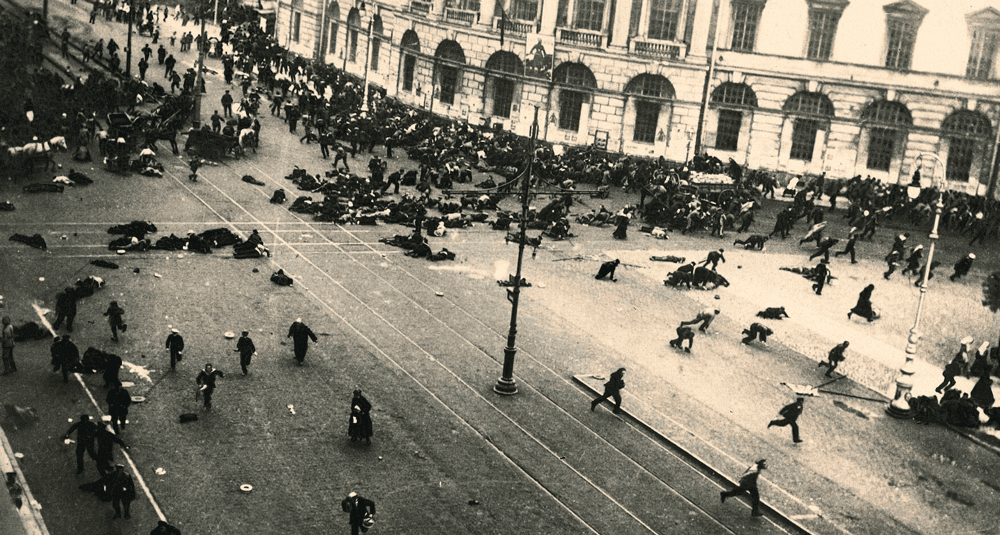
Which political regime was overthrown in the Russian Revolution of 1917?
2Tsarist regime
1Communist regime

🙌 Good answer
The Russian Revolution of 1917 overthrew the Tsarist regime, ending the absolute monarchy of the Romanovs and paving the way for Soviet power.
Next question

😞 Wrong answer
The Russian Revolution of 1917 overthrew the Tsarist regime, ending the absolute monarchy of the Romanovs and paving the way for Soviet power.
Next question
history
/ 10
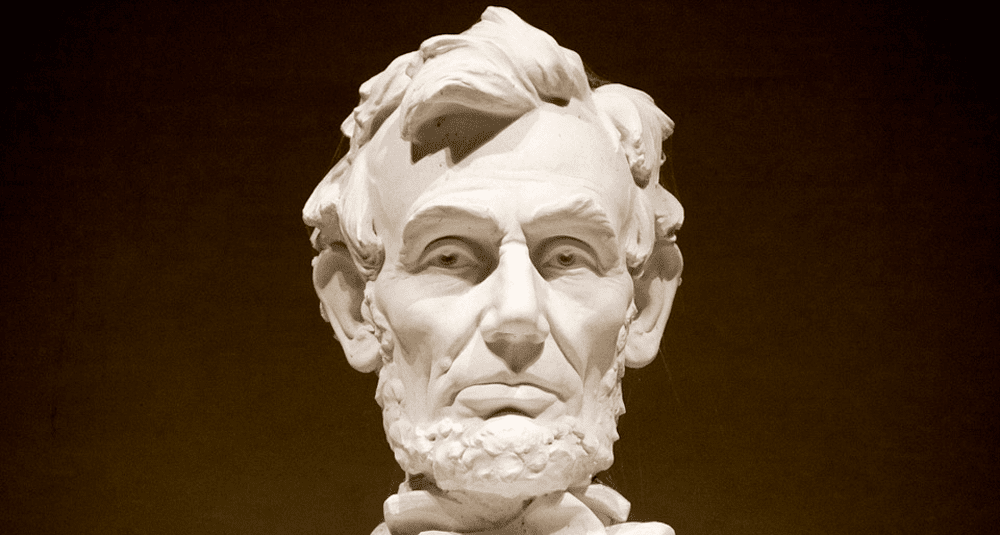
When was slavery abolished in the United States?
21865
11863

🙌 Good answer
The abolition of slavery in the United States was officially proclaimed in 1865 with the adoption of the 13th Amendment to the U.S. Constitution.
Next question

😞 Wrong answer
The abolition of slavery in the United States was officially proclaimed in 1865 with the adoption of the 13th Amendment to the U.S. Constitution.
Next question
history
/ 10
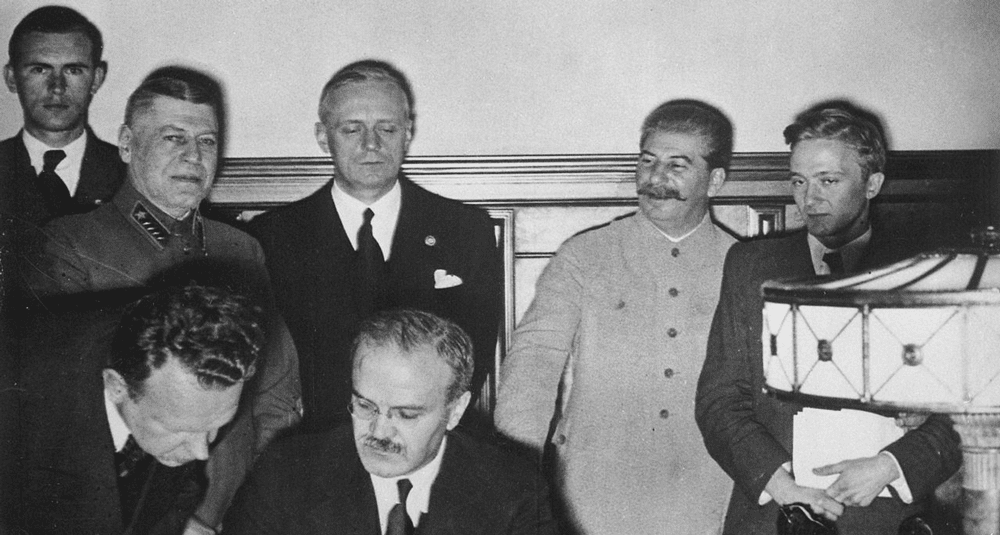
Where was the 1939 Molotov–Ribbentrop Pact signed?
2Moscow
1Berlin

🙌 Good answer
The German-Soviet Pact is a non-aggression treaty between Germany and the Soviet Union, signed in Moscow on August 23, 1939.
Next question

😞 Wrong answer
The German-Soviet Pact is a non-aggression treaty between Germany and the Soviet Union, signed in Moscow on August 23, 1939.
Next question
history
/ 10
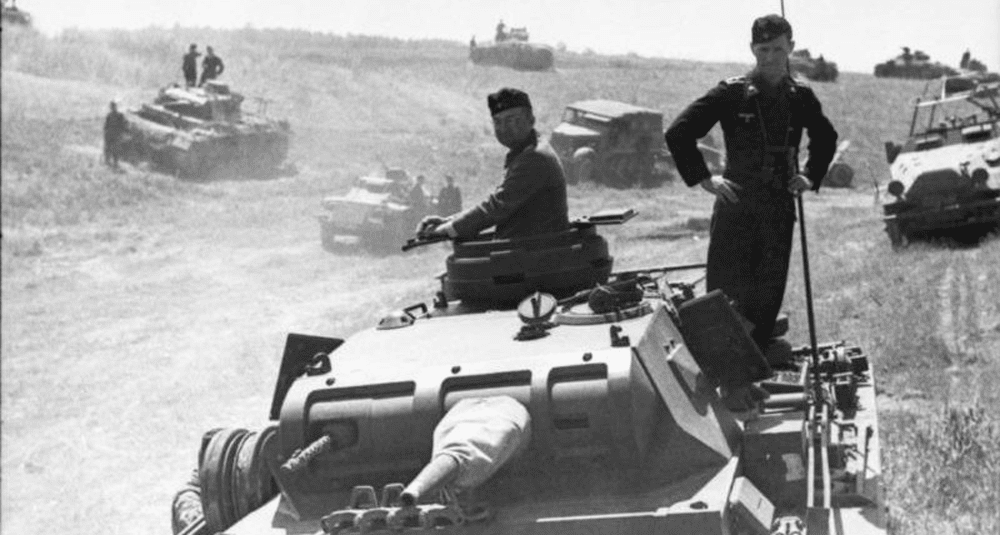
What was the name given to the Third Reich's invasion of the Soviet Union in 1941?
1Barbarossa
2Weserübung

🙌 Good answer
Operation Barbarossa, launched on June 22, 1941, was the code for the Third Reich's invasion of the Soviet Union during the Second World War.
Next question

😞 Wrong answer
Operation Barbarossa, launched on June 22, 1941, was the code for the Third Reich's invasion of the Soviet Union during the Second World War.
Next question
history
/ 10
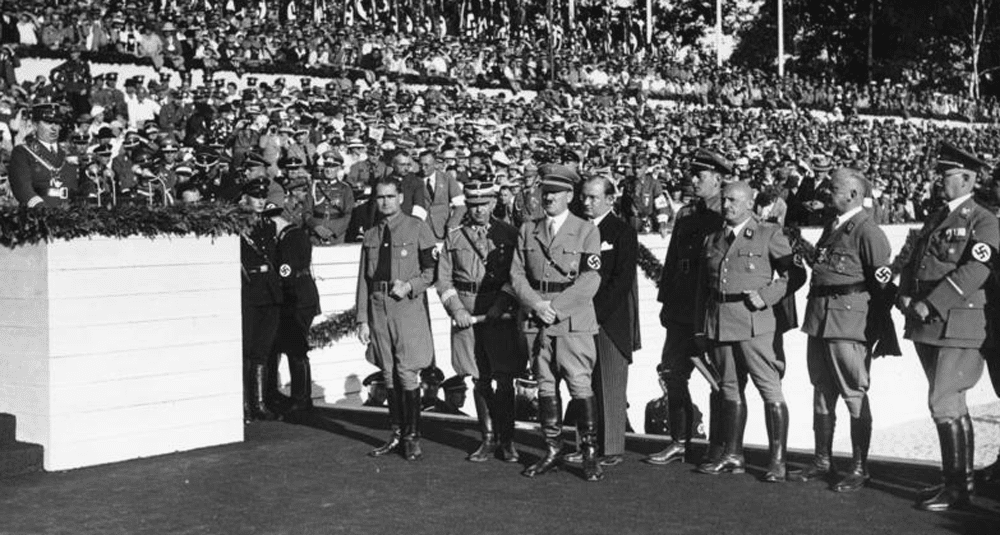
How many texts contain the Nuremberg Laws passed by Hitler in 1935?
13
25

🙌 Good answer
The Nuremberg Laws of 1935 include two official racial texts, but a third, on the flag, was promulgated on the same day as a symbolic gesture.
Next question

😞 Wrong answer
The Nuremberg Laws of 1935 include two official racial texts, but a third, on the flag, was promulgated on the same day as a symbolic gesture.
Next question
history
/ 10
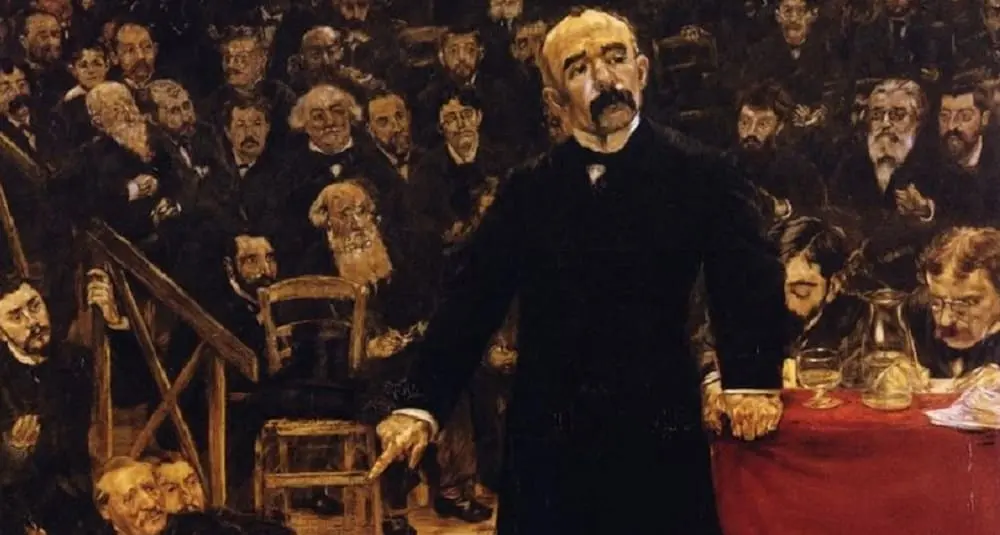
Was George Clemenceau President of the Republic?
2No
1Yes

🙌 Good answer
Georges Clemenceau was never President of the French Republic. He was a great statesman and several times President of the Council.
Next question

😞 Wrong answer
Georges Clemenceau was never President of the French Republic. He was a great statesman and several times President of the Council.
Next question
history
/ 10
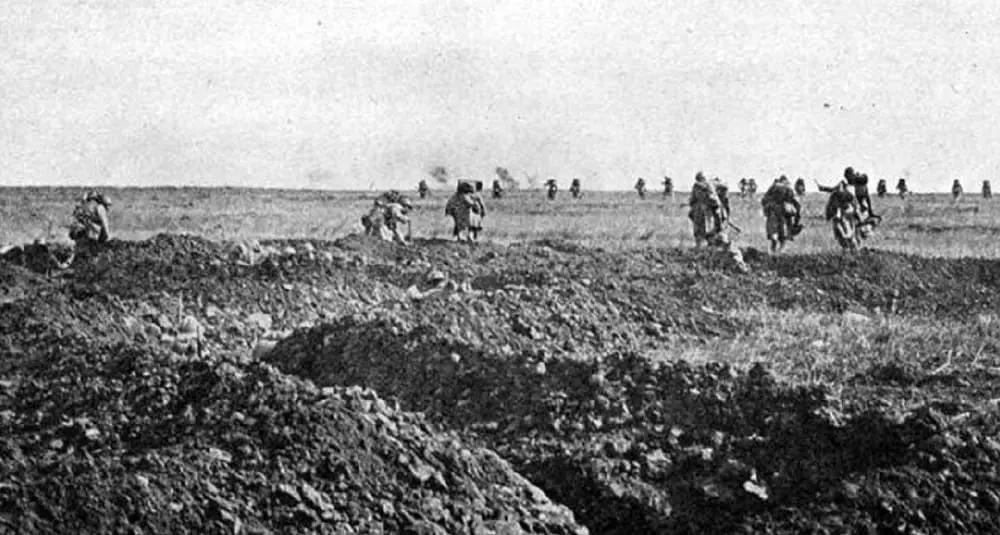
Where is the Chemin des Dames?
1Aisne
2Somme

🙌 Good answer
The Chemin des Dames is located in the Aisne department of the Hauts-de-France region, between Laon, Soissons and Reims, in northeastern France.
Next question

😞 Wrong answer
The Chemin des Dames is located in the Aisne department of the Hauts-de-France region, between Laon, Soissons and Reims, in northeastern France.
Next question
history
/ 10
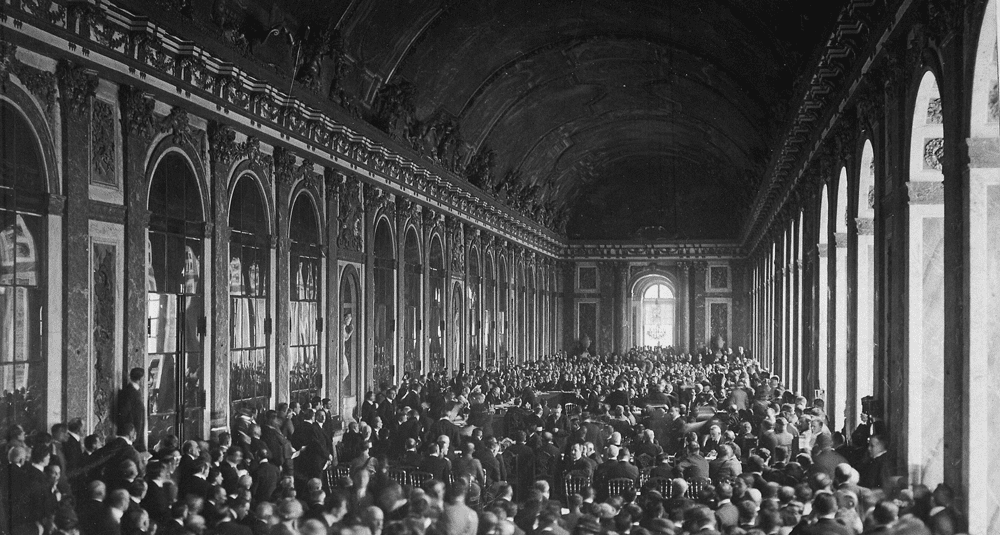
When was the Treaty of Versailles signed?
21919
11918

🙌 Good answer
The Treaty of Versailles was signed on June 28, 1919, officially ending the World War I and imposing strict conditions on Germany.
Next question

😞 Wrong answer
The Treaty of Versailles was signed on June 28, 1919, officially ending the World War I and imposing strict conditions on Germany.
Next question




